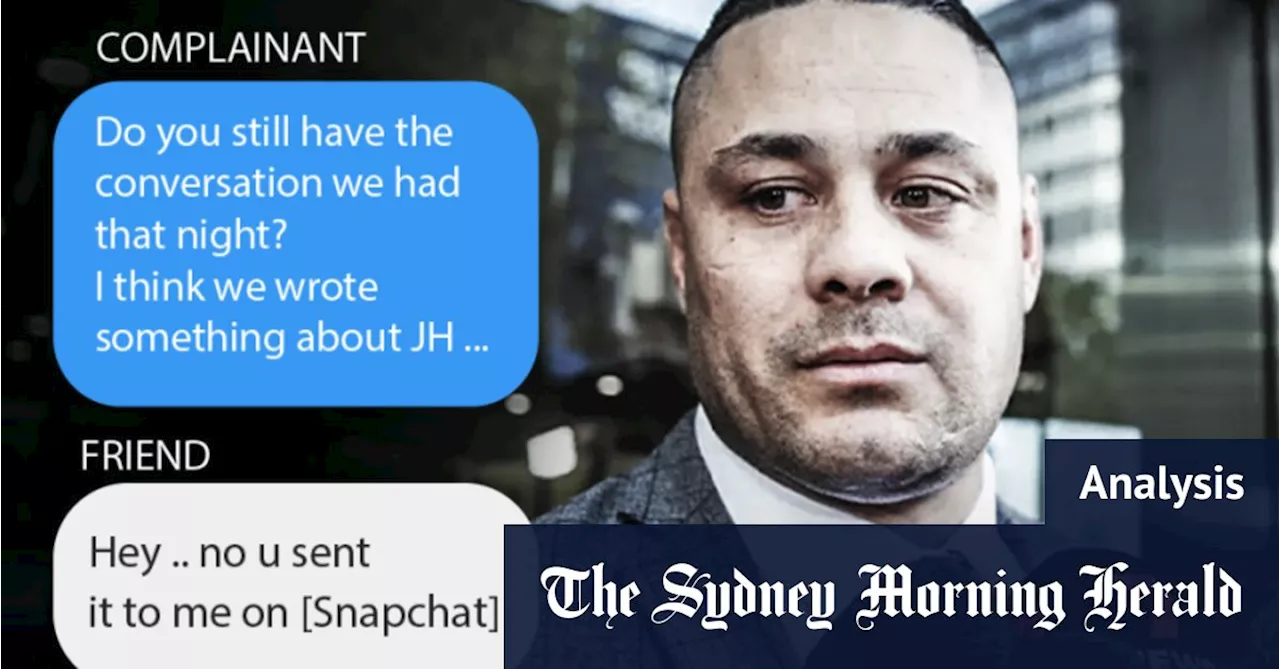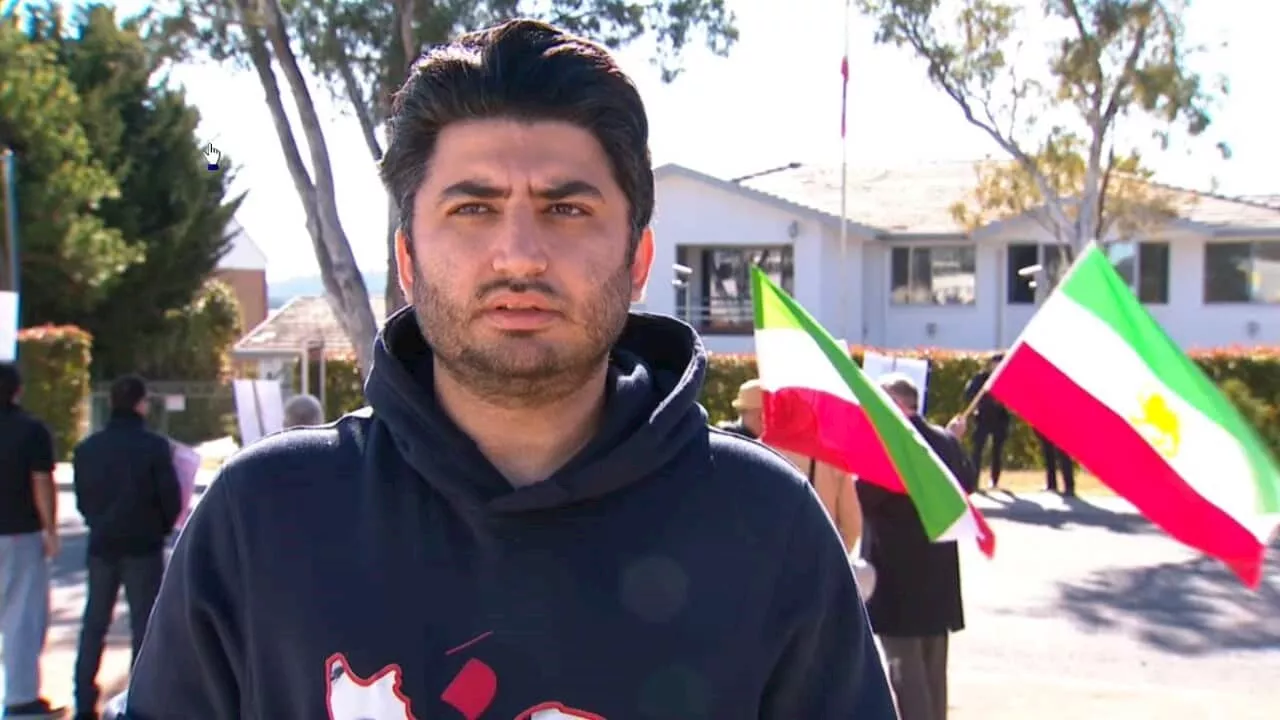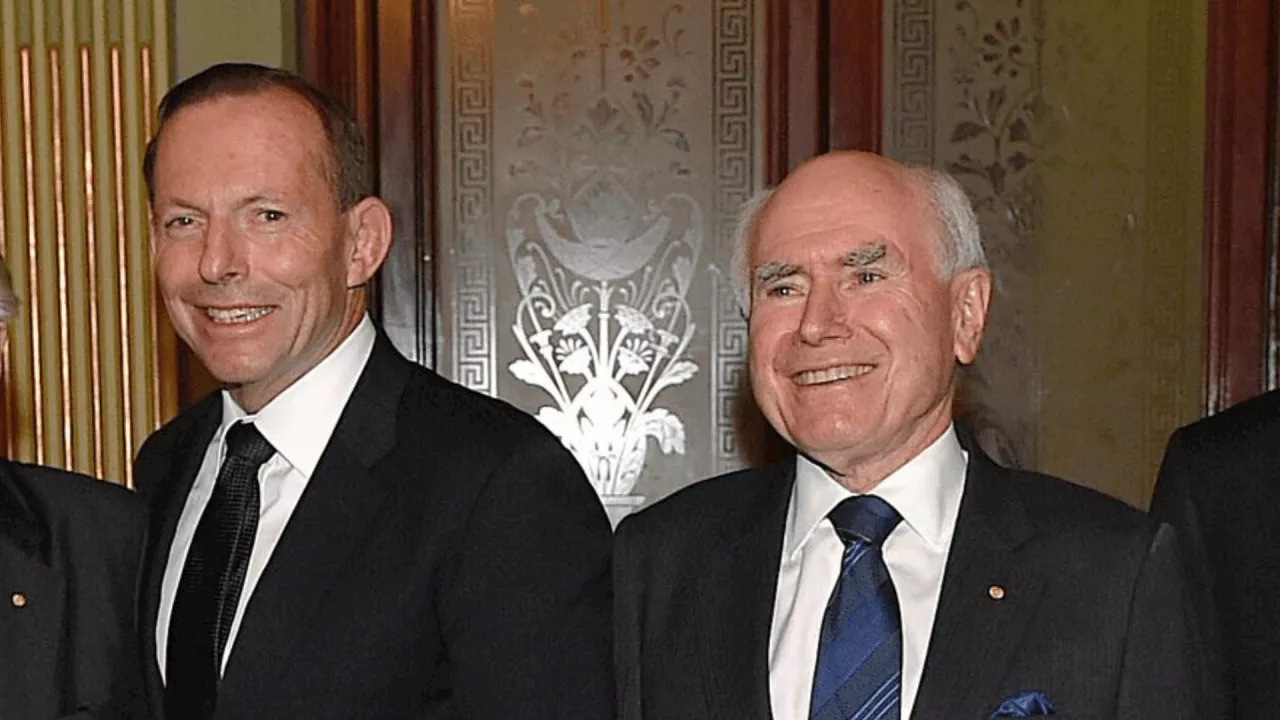As more young people experience the affliction which strikes at least a hundred Australians a day, research into better medicines is getting held back.
Examine, a free weekly newsletter covering science with a sceptical, evidence-based eye, is sent every Tuesday. You’re reading an excerpt –Stroke is the leading cause of disability and one of the top five causes of death. Every scientific paper about potential treatments for the affliction will tell you that.Credit:Then comes the complaint that has dogged the hunt for new stroke medicines for decades: “Everything works in animals but nothing works in people”.
Dr Ash Russell is part of a research movement that has pivoted from hunting new stroke medicines to identifyingI meet Russell at Australia’s oldest pub, the Hope and Anchor Tavern in Hobart, which has been taken over by gaggles of scientists for the launch of this year’s. Russell, from the University of Tasmania, sports glowing steampunk goggles and a lab coat covered in fake blood.
Russell’s PhD focuses on whether the way we use animal models to mimic stroke is partly to blame for this trend. “Think about how small a rat is, and you’re inserting a sewing thread into their brain,” says Russell. “It’s a good way to mimic brain damage, but a bad way to mimic a blood clot.”There’s an easier way, however, to summon an actual blood clot in a study animal’s brain by using a hot-pink photosensitive dye called Rose Bengal.Wikimedia Commons
Russell ran a meta analysis of more than 400 studies using the Rose Bengal method in mice and rats. One group of stroke treatments seemed to show promise in these studies: antioxidant treatments, such as edaravone. The next logical step would be to test these antioxidant treatments in humans. These interventions, it turns out, may be treating the model of stroke rather than stroke itself, one of the many reasons why so much promise in animal trials has not come to fruition in humans.Studies reporting positive results are more likely to be published, an issue also known as publication bias. “New wonder drug prevents strokes in rats” is a far sexier paper than “We tested this drug in rats and it didn’t work”.
United States Latest News, United States Headlines
Similar News:You can also read news stories similar to this one that we have collected from other news sources.
 Why Hayne’s convictions were quashed - and why he might not face a retrialA series of messages on social media were at the heart of Jarryd Hayne’s successful appeal against his sexual assault convictions.
Why Hayne’s convictions were quashed - and why he might not face a retrialA series of messages on social media were at the heart of Jarryd Hayne’s successful appeal against his sexual assault convictions.
Read more »
 Why Hayne’s convictions were quashed - and why he might not face a retrialA series of messages on social media were at the heart of Jarryd Hayne’s successful appeal against his sexual assault convictions.
Why Hayne’s convictions were quashed - and why he might not face a retrialA series of messages on social media were at the heart of Jarryd Hayne’s successful appeal against his sexual assault convictions.
Read more »
 Why Hayne’s convictions were quashed - and why he might not face a retrialA series of messages on social media were at the heart of Jarryd Hayne’s successful appeal against his sexual assault convictions.
Why Hayne’s convictions were quashed - and why he might not face a retrialA series of messages on social media were at the heart of Jarryd Hayne’s successful appeal against his sexual assault convictions.
Read more »
 'There is no democracy': Iranian-Australians boycotting Iran's presidential electionsIran is holding its presidential elections, after its former President Ebrahim Raisi died in a helicopter crash last month.
'There is no democracy': Iranian-Australians boycotting Iran's presidential electionsIran is holding its presidential elections, after its former President Ebrahim Raisi died in a helicopter crash last month.
Read more »
 Health alert for Australians heading to Bali as dengue fever cases surge7NEWS brings you the latest local news from Australia and around the world. Stay up to date with all of the breaking sport, politics, entertainment, finance, weather and business headlines. Today's news, live updates & all the latest breaking stories from 7NEWS.
Health alert for Australians heading to Bali as dengue fever cases surge7NEWS brings you the latest local news from Australia and around the world. Stay up to date with all of the breaking sport, politics, entertainment, finance, weather and business headlines. Today's news, live updates & all the latest breaking stories from 7NEWS.
Read more »
 Russia bans 27 high profile Australians including two former PMsRussia has banned dozens of high-profile Australians, including former prime ministers Tony Abbott and John Howard, for pushing an “anti-Russia” agenda.
Russia bans 27 high profile Australians including two former PMsRussia has banned dozens of high-profile Australians, including former prime ministers Tony Abbott and John Howard, for pushing an “anti-Russia” agenda.
Read more »
